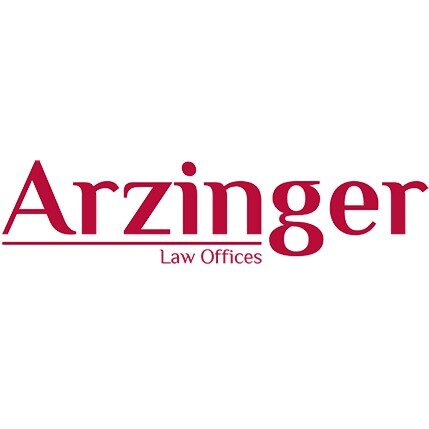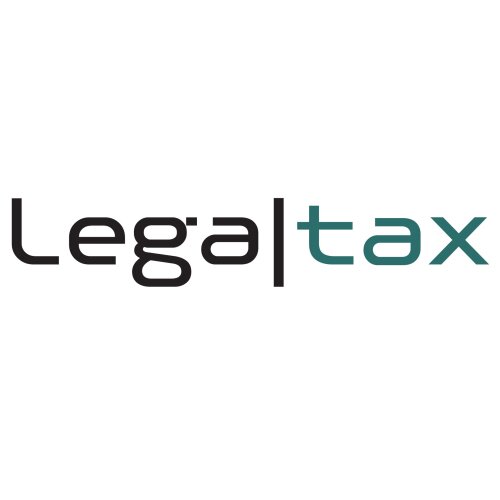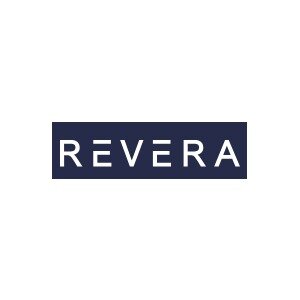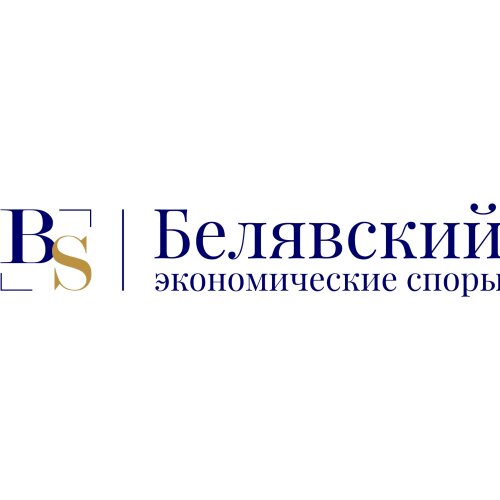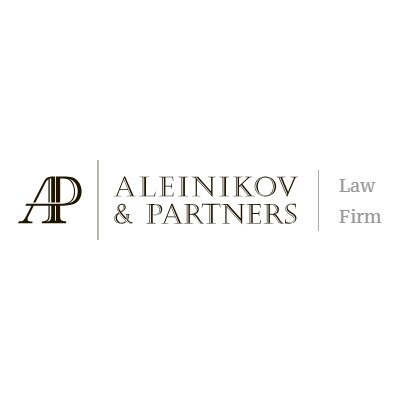Best Water Law Lawyers in Minsk
Share your needs with us, get contacted by law firms.
Free. Takes 2 min.
List of the best lawyers in Minsk, Belarus
About Water Law in Minsk, Belarus
Water Law in Minsk, Belarus governs the management, use, and protection of water resources within the city and broader region. The regulatory framework is primarily defined by national legislation, notably the Water Code of the Republic of Belarus, as well as regional and local regulations. These laws address issues such as water use rights, water protection and conservation, pollution control, and responsibilities for water infrastructure. Water Law in Minsk is crucial for ensuring sustainable use, preventing water pollution, and resolving disputes over access and rights regarding water bodies like the Svislach River, reservoirs, and groundwater sources.
Why You May Need a Lawyer
There are numerous situations in Minsk where legal assistance in Water Law becomes necessary. Landowners may face restrictions on water use or encounter disputes with neighbors over water access. Businesses seeking permits for industrial water use or facing allegations of water pollution need specialized legal guidance. Legal professionals also help when dealing with regulatory inspections, interpreting compliance obligations, navigating changes in land or water regulations, applying for construction permits near water bodies, or addressing government expropriation of water resources. Lawyers are valuable for drafting water use agreements, representing clients in lawsuits, and advising on environmental impact assessments under Water Law.
Local Laws Overview
In Minsk, Water Law is primarily shaped by the Water Code of Belarus and supplemented by city-level guidelines. The most relevant aspects include:
- Water Use Permits: Any significant extraction or use of water typically requires government authorization, especially for agricultural, industrial, or construction purposes.
- Water Protection Zones: Strict regulations govern activities near rivers, lakes, and reservoirs to prevent pollution and erosion. Special usage regimes may apply close to water protection zones.
- Obligations to Prevent Pollution: Businesses and residents must not discharge harmful substances into water bodies. Violations can lead to administrative or even criminal penalties.
- Public Water Rights: While the state owns most water resources, individuals may have limited rights for personal or household use subject to rules and restrictions.
- Flood and Drainage Management: Authorities regulate land modifications near water bodies to prevent adverse water runoff, flooding, or drainage issues.
- Resolving Disputes: Disputes over water use, boundary issues, or contamination are handled by local administrative bodies or courts with knowledge of Water Law.
Frequently Asked Questions
What is the main law governing water use in Minsk?
The principal law is the Water Code of the Republic of Belarus, which outlines water rights, duties, and regulatory authorities. Local acts may further detail regulations within Minsk's administrative boundaries.
Do I need a permit to use water from a river or lake for my business?
Yes, any significant use of public water resources for commercial purposes requires a permit from the relevant government authority. Even some domestic uses may need registration in protected zones.
Are there restrictions for building near water bodies in Minsk?
Yes, construction near rivers, lakes, or reservoirs is strictly regulated. Projects often require environmental approval and there are mandatory buffer zones where construction is either limited or prohibited.
What penalties can I face for illegal water use or pollution?
Violations may incur administrative fines, compensation for damages, and in serious cases, criminal prosecution. The level of penalty depends on the nature and impact of the offense.
How are water disputes between neighbors or landowners resolved?
Disputes are typically resolved first by negotiation, followed by mediation or administrative procedures. If unresolved, parties can appeal to local courts for a binding decision.
Can I access all water bodies for recreation in Minsk?
Most water bodies are state owned, but access for recreation is subject to local rules and may be restricted in protected areas or during certain periods for environmental reasons.
What should I do if I discover illegal discharge or pollution?
Immediately report the incident to local environmental authorities or the Ministry of Natural Resources and Environmental Protection, providing as much detail and evidence as possible.
Who is responsible for maintaining drainage ditches and canals?
Responsibility depends on whether the water infrastructure is public or private. Public systems are maintained by municipal bodies, while private landowners must maintain their own facilities according to the law.
Are there specific rules for agricultural water use?
Yes, farmers must comply with limits on extraction, observe water protection requirements, and prevent pesticide or fertilizer runoff. Permits are usually needed for irrigation and livestock operations.
Where can I apply for water use permits in Minsk?
Applications are typically filed with the local branches of the Ministry of Natural Resources and Environmental Protection of the Republic of Belarus or city executive committees, depending on the type and scope of water use.
Additional Resources
If you need more information or assistance related to Water Law in Minsk, consider these resources:
- Ministry of Natural Resources and Environmental Protection of the Republic of Belarus: The central governmental authority for environmental and water management issues.
- Minsk City Executive Committee (Department of Environmental Protection): Handles local water use permits and monitoring within the city.
- State Environmental Inspectorate: Responsible for enforcement and investigation of violations regarding water law.
- Belarusian Association of Environmental Lawyers: Provides advice and connects individuals with experienced Water Law practitioners.
- Local mediation and legal aid centers: Offer initial consultations for water-related disputes and access to legal representation if needed.
Next Steps
If you require legal assistance with Water Law issues in Minsk, start by collecting all relevant documents and details concerning your situation. Identify whether your matter relates to permits, compliance, disputes, or environmental protection. With this information, contact a qualified lawyer or relevant authority as soon as possible. Early legal advice can help you avoid costly mistakes, ensure compliance, and find the most efficient solution. Be prepared to explain your circumstances clearly and provide any supporting evidence or correspondence.
For more complex or urgent cases, schedule a consultation with a Water Law specialist. They can guide you through the proper procedures, represent you before regulatory bodies or courts, and defend your interests effectively under the current laws of Minsk and Belarus.
Lawzana helps you find the best lawyers and law firms in Minsk through a curated and pre-screened list of qualified legal professionals. Our platform offers rankings and detailed profiles of attorneys and law firms, allowing you to compare based on practice areas, including Water Law, experience, and client feedback.
Each profile includes a description of the firm's areas of practice, client reviews, team members and partners, year of establishment, spoken languages, office locations, contact information, social media presence, and any published articles or resources. Most firms on our platform speak English and are experienced in both local and international legal matters.
Get a quote from top-rated law firms in Minsk, Belarus — quickly, securely, and without unnecessary hassle.
Disclaimer:
The information provided on this page is for general informational purposes only and does not constitute legal advice. While we strive to ensure the accuracy and relevance of the content, legal information may change over time, and interpretations of the law can vary. You should always consult with a qualified legal professional for advice specific to your situation.
We disclaim all liability for actions taken or not taken based on the content of this page. If you believe any information is incorrect or outdated, please contact us, and we will review and update it where appropriate.



